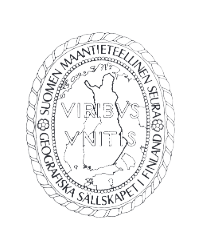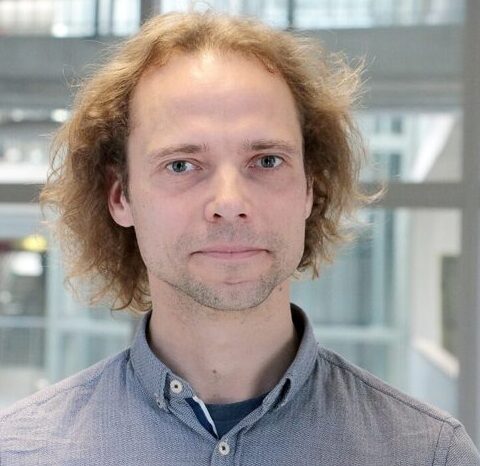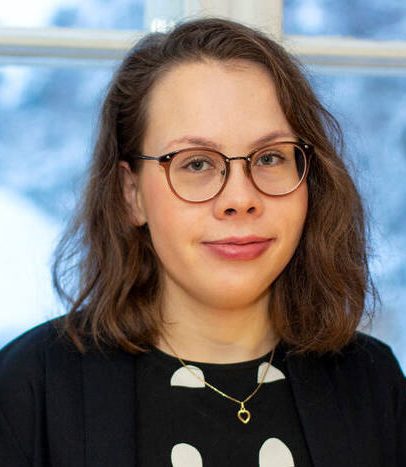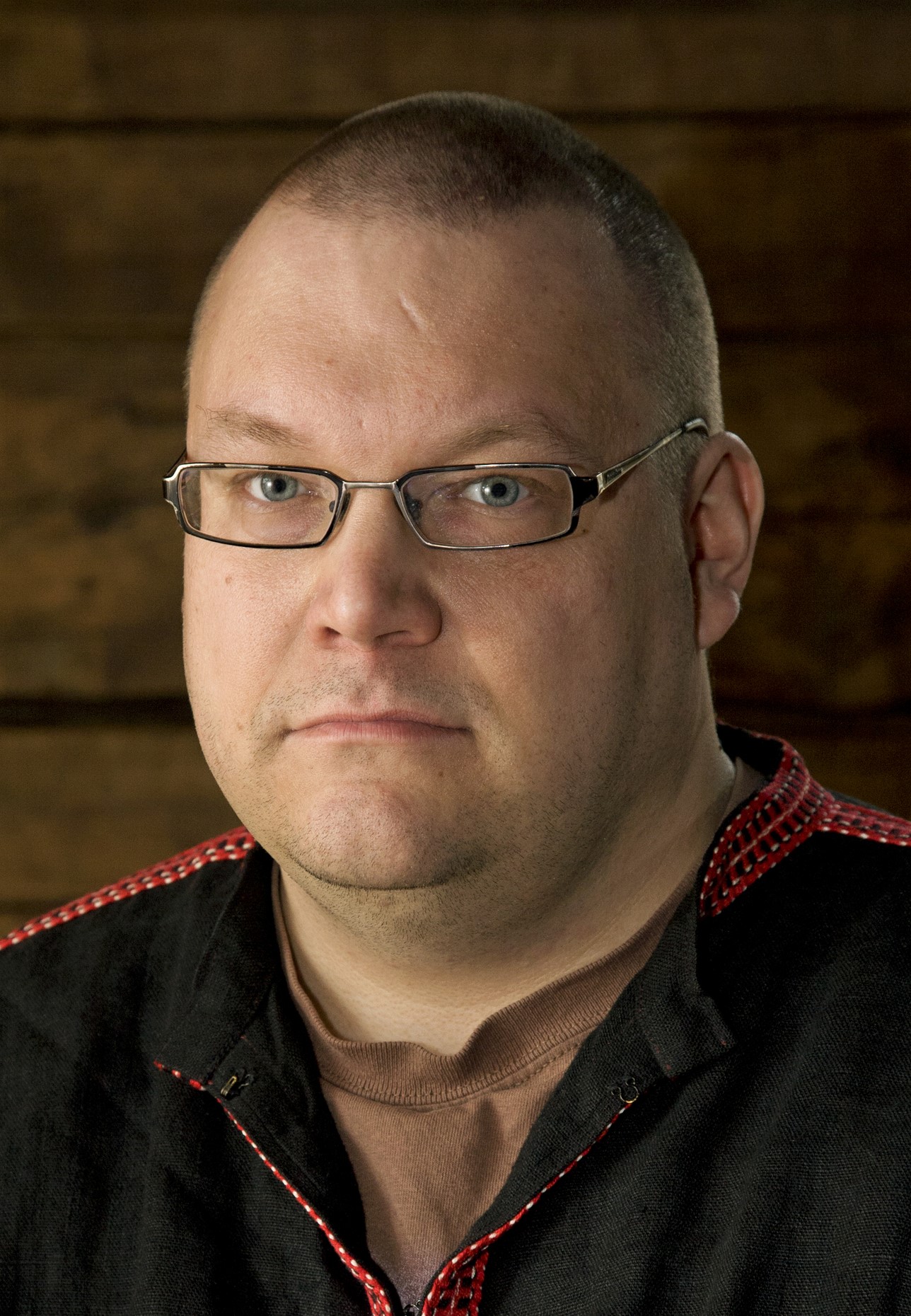Fennia panel
Speakers & panelists

Burcu Yigit Turan
Tarmo Pikner
Sanna Ala-Mantila



Burcu Yigit Turan is a senior lecturer in the subject area of ‘planning in cultural environments’ at Swedish University of Agricultural Sciences, Department of Urban and Rural Development, Landscape Architecture Division, Uppsala. Her works have generated at the intersections of landscape architecture, urban studies and critical social theory and cultural studies, and focused on reproduction of social inequality in spatial planning and design. Her recent works delineate the role of public space and landscape production in urban bordering, (neo)colonial urbanism, racialization and segregation.
Tarmo Pikner is a senior researcher at the Centre of Landscape and Culture, School of Humanities, Tallinn University. He completed his doctoral degree at the University of Oulu by analysing hybrid networks related to border-towns in the Baltic Sea region. Tarmo’s current research focuses mainly on two broader themes. One is the dynamics of urbanity, and how it forms relations between nature, culture and technology. The political ecologies and role of wastelands in these dynamics is a particular focus. The second theme explores assemblages of significant environmental change that connect legacies and Anthropocene appearances. It includes the spatialisation of rural-urban relations within turbulent crisis and climate change adaptation. Pikner has published numerous articles in peer-reviewed journals and books, and contributed to international research projects. He also teaches courses and supervises students in the MA programme on Urban Governance at Tallinn University.
Sanna Ala-Mantila is an assistant professor of Sustainable Urban Systems at the Ecosystems and Environment Research Program at University of Helsinki’s faculty of Biological and Environmental Sciences. She is also affiliated with Helsinki Institute of Sustainability Science. Her research aims to understand how we can build and transform our urban systems into more sustainable ones, with a focus on ecological and social sustainability and their interconnectedness. Her research encompasses various areas, including e.g. environmental inequality, carbon footprints, subjective well-being, and socio-economic segregation within urban environments. Her research primarily adopts a quantitative approach, emphasizing the utilization of diverse data sources, including GIS data.
Discussants

Tero Mustonen
Tero Mustonen is a fisher and a geographer. He works for the Snowchange Cooperative. He has worked in Alaska, Canada, Iceland, Faroe Islands, Sámi home area, boreal Finland and Siberia for over 20 years on questions of biodiversity, climate change and Indigenous and traditional communities. Currently he leads the Landscape Rewilding Programme, which is restoring Finnish landscapes back to health. He is based in the village of Selkie in North Karelia.

Maija Kuivalainen
Maija Kuivalainen has connected her environment policy studies with a practical take towards environmental politics. So aside of being a student at the Department of Geographical and Historical Studies at UEF she is a (local) politician with the Left Alliance (Vasemmistoliitto) and an environmental and social activist. She is a member of the City Council of Joensuu and the Joensuu Urban Planning Board since 2021. She also has been a Youth Climate Delegate of Finland from 2021-2022 and knows also from this international experience that locals can and should truly make their concerns and demands understood globally.
